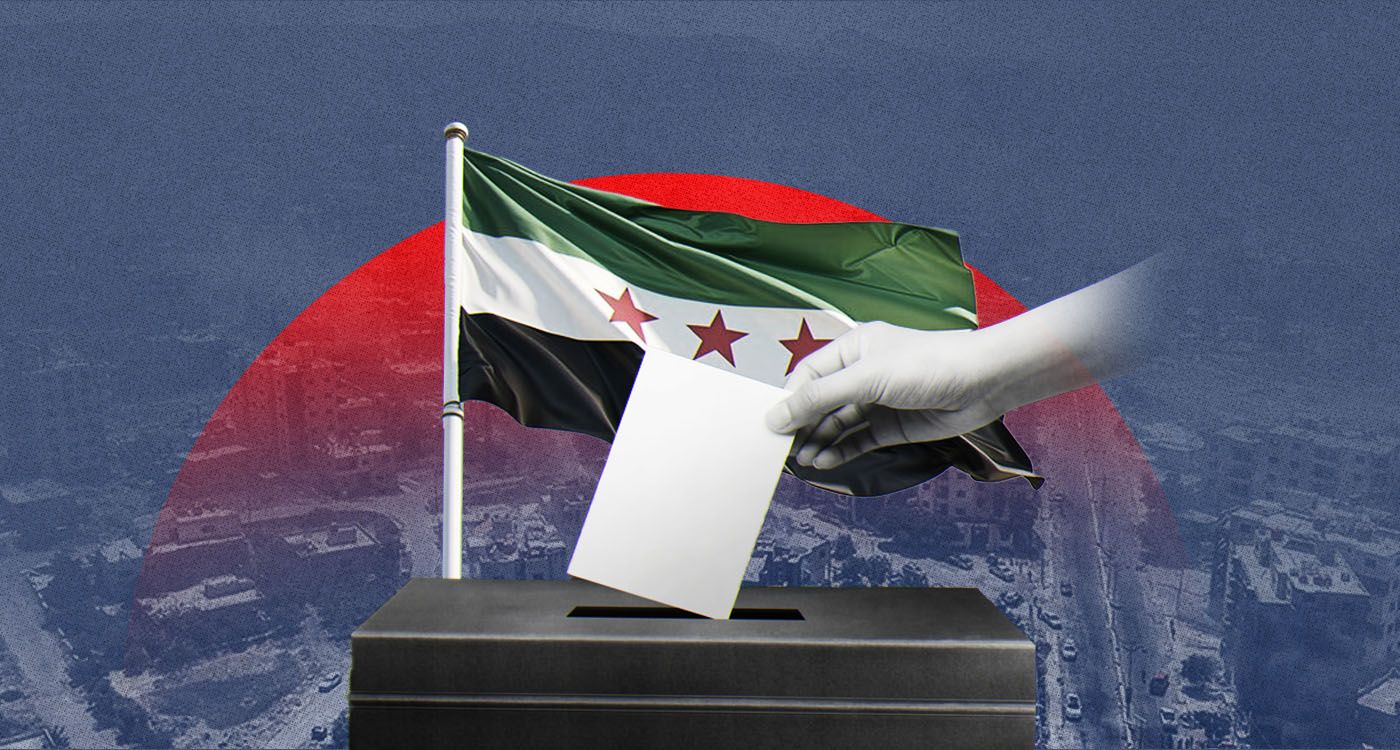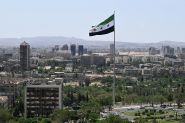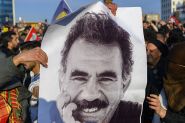- Home
- Middle East
- Syria Votes Again: Is Real Change Finally Possible?

©This Is Beirut
Syria held its first parliamentary elections since Bashar al-Assad’s fall last December, in a vote widely seen as a test for economic stability, prosperity and peace.
On Sunday, October 5, between 6,000 and 7,000 delegates cast votes at 62 polling stations across 11 governorates to elect Syria’s new legislative assembly. The People’s Assembly will have 210 seats, 119 of which have been filled so far, 40 fewer than under the Assad regime.
Candidates must meet strict requirements, including age and nationality, no affiliation with the former regime unless they defected during the war, no ties to security forces and a clean criminal record. Women must make up at least 20% of the electoral college.
The election is indirect. Under Syria’s current system, citizens do not directly vote for their representatives. Instead, an electoral college of 6,000 to 7,000 people elects parliamentarians. District subcommittees form the college, selecting between 30 and 50 voters for each seat.
Beyond the basic requirements, the subcommittees consider professional or academic qualifications, social influence, diversity and the inclusion of displaced persons, people with disabilities or former detainees.
Of the Assembly’s 210 seats, 70 are directly appointed by the president, and 21 remain vacant, limiting popular participation and reinforcing executive control over Parliament’s composition.
In Damascus, 490 candidates are competing for 11 seats, with a restricted electoral college of 500 voters. Across the rest of the country, seats are distributed as follows: Aleppo 20, Rif Damascus 10, Hama 8, Idlib 7, Deir Ezzor 6, Hasakah 6, Latakia 6, Tartous 5, Deraa 4, Sweida 3 and Quneitra 2.
President Ahmad al-Sharaa described the vote as a “new phase” in Syria’s reconstruction process.
Vacant Seats in Tension Areas
Originally, 140 seats were to be contested, but elections were postponed in several regions: Sweida province, predominantly Druze, and parts of Raqqa and Hasakeh, still under Kurdish minority control. This leaves roughly 19 seats vacant.
The government cites “security reasons” for the delays, pointing to recent intercommunal and sectarian violence that has claimed several thousand lives. In reality, the postponements reflect the government’s limited control over these territories, which continue to be administered by the Druze and Kurdish communities.
A Parliament Far from Extremists
Contrary to early fears of a strong presence of radical jihadists aligned with Sharaa, most elected members of Syria’s new legislative assembly come from a moderate conservative current. According to the electoral commission, only 7% of parliamentarians are religious figures, while doctors, engineers, lawyers, economists and academics each hold between 10% and 17% of the seats.
Several MPs stand out for their professional experience or civil society involvement. The assembly includes “pro-business liberal” profiles as well as politically neutral or socially oriented representatives. Experts say the assembly reflects a diverse cross-section of Syrian society, with no significant extremist presence. Politically and religiously, parliamentarians follow a conservative line, but they are not radical, ultra-religious or Salafist. Some draw inspiration from the Muslim Brotherhood without being official members, sharing aspects of its vision of political Islam, while the dominant economic approach remains liberal.
Underrepresented Minorities
Religious minorities remain largely underrepresented. Christians make up roughly 10% of the population and Druze about 3%, yet their representation in Parliament is minimal. The Sunni majority, which accounts for 74% of the population, dominates the political landscape, while other Muslim sects represent 13%. Women hold only 4% of the seats in the assembly.
A notable exception is Henry Hamra, a Syrian-American Jew running for a seat. If confirmed through the indirect vote, Hamra, whose father was reportedly the last rabbi to leave Syria, would become the first Jewish representative in Parliament since the 1940s.
A Historic Turning Point for Syria
These elections mark the end of more than five decades of authoritarian rule by the Assad family, first under Hafez al-Assad and later Bashar al-Assad, and serve as the first major test for the new government. Many Syrians see this vote as a potential beginning for genuine representation, a step toward a democratic future and an opportunity to rebuild an economy deeply scarred by years of conflict.
Read more




Comments